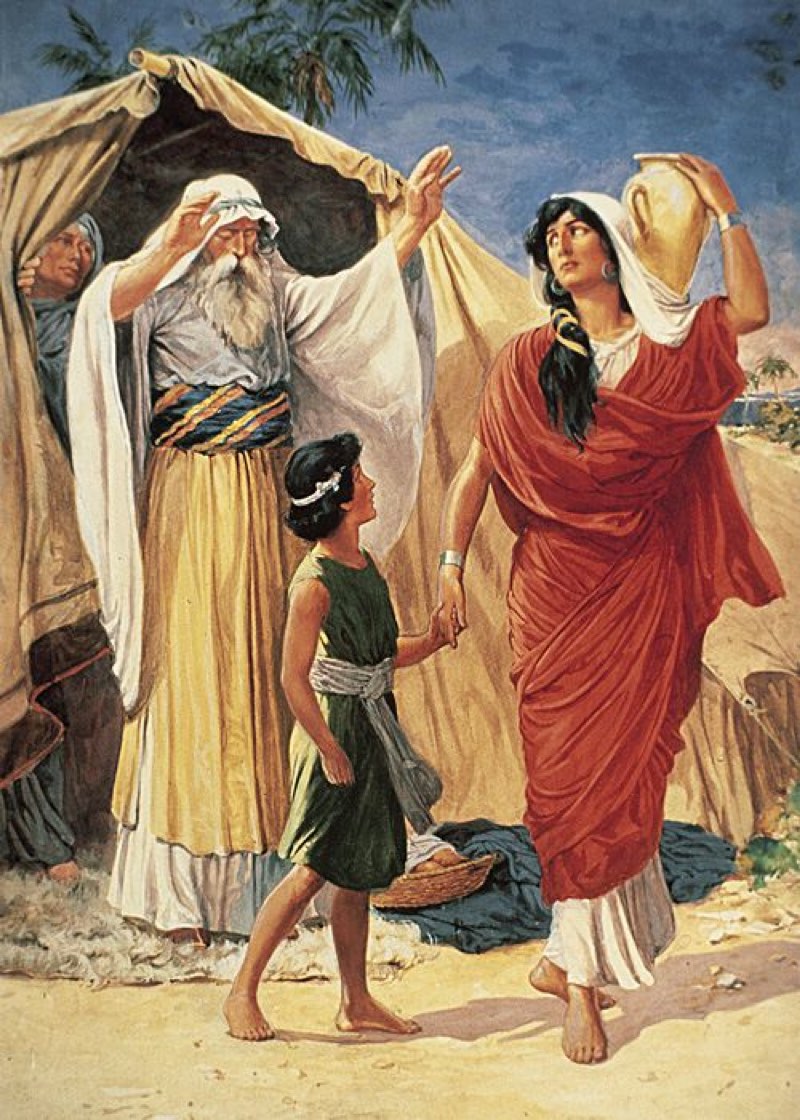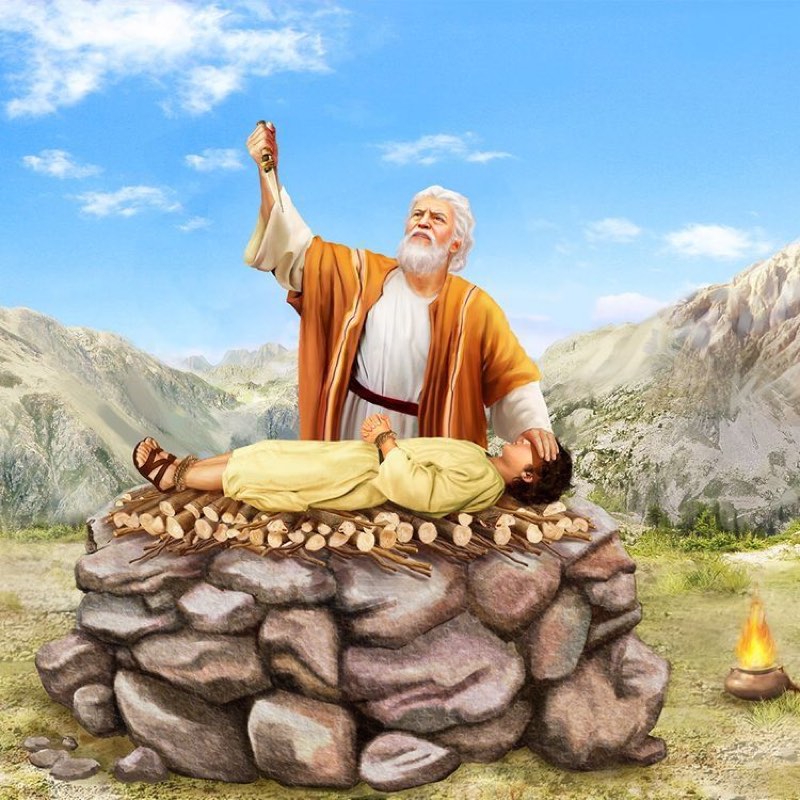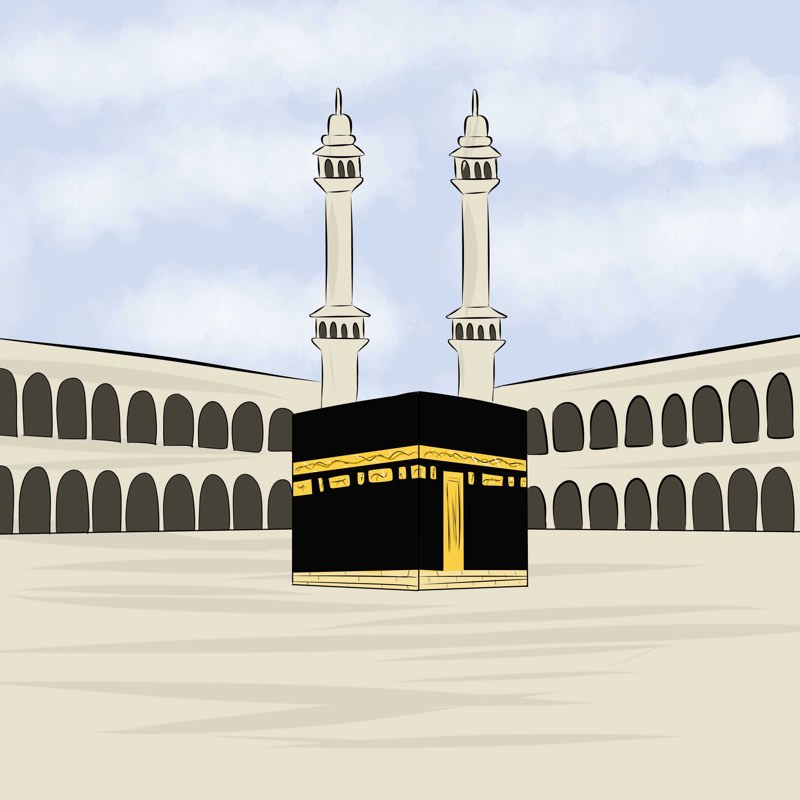The Islamic narrative suggests that since Ishmael was Abraham's only son for 14 years before Isaac's birth, it is he who was to be sacrificed—a point hinted at in Genesis 22, verse 12, where God refers to Abraham's "only son" without specifying a name. Muslims see this ambiguity as indicating Ishmael, rather than Isaac.
Circumcision is another point of contention. It is a practice traced back to Abraham and mandated in the Torah. Christians, however, have largely abandoned physical circumcision, instead emphasizing spiritual circumcision, or placing one's faith in Jesus Christ. The Quran does not explicitly mention circumcision, but Surah 16, verse 123, which instructs Muhammad to follow the religion of Abraham, is interpreted by some to imply the practice. Thus, circumcision is widely regarded as obligatory in Islam.
The article questions why the Torah does not require the Israelites to commemorate Abraham's sacrifice, as it does with other significant events like Passover. It suggests that this absence supports the Islamic claim that it was Ishmael, not Isaac, who was nearly sacrificed.
Furthermore, it argues that the practice of circumcision, which renders a sacrifice blemished according to Deuteronomy 17, verse 1, would disqualify both Isaac and Jesus as perfect offerings.
Since the scripture forbids sacrificing animals with defects, it's argued that this applies to the child meant for offering. Isaac's circumcision on the eighth day, alongside Jesus's, is seen as scripturally imperfect for such a sacrifice.
In conclusion, the article implies that the religious practices of Jews and Christians have deviated from what it claims to be the original Abrahamic faith, particularly concerning the Sacrifice of Abraham and the rite of Circumcision.



